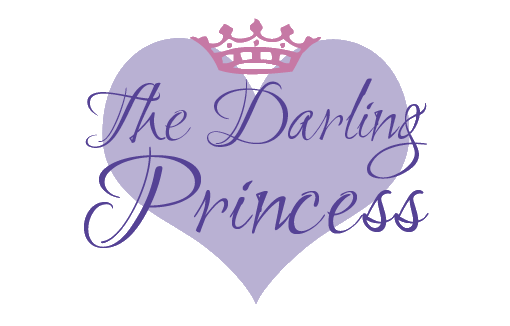
Self-Care for Survivors
Survivor Leader is the term for advocates who work in the field of their own experience. Self care is critical care, not pampering.
Impact
It’s appropriate for sure, but for me, it tends to make me feel a bit damaged, maybe a little haggard or scarred. I have been speaking on pro-life issues for years; a couple of decades really. I’m usually energized to speak generically, but I find when I talk about my own experience, people tell me that it’s high impact. It impacts me tremendously too.
The data is still sketchy, but early childhood trauma is particularly damaging to our physiology. According to Adverse Childhood Experiences questionnaires and the corresponding adult health status data, survivors of trauma and abuse in youth are more likely to suffer many physical affects.
Things like autoimmune disease and cancers may not have been caused by early trauma, but there is a higher incidence among survivors. The correlation suggests that protecting children from abuse while they are young might make their entire lives better. Chronic pain and fatigue doesn’t have to plague so many, but unfortunately, it does.
Many children’s advocates are survivors of abuse themselves. They work to prevent abuse or rescue and restore others because they know the suffering from a child’s perspective. However, even though we may be healed, just like a car accident victim, we may have lingering pain from scars, seen and unseen. So, we have to practice good self-care.
As I was thinking about the ways I take care of myself, it occurred to me that pretty much everyone I know has a hardship that they have dealt with, so maybe we should talk about it.
Planning
I’ve talked and written a lot about planning. If we are going to be effective in life, we must plan. Just think of the ways big companies or even individuals become successful. Success doesn’t fall to anyone. Growth isn’t a gift and we cannot count on a destination without mapping the journey. As an advocate, whether working one on one, writing, speaking or organizing the work, like preparing events, we must plan.
For those of us who advocate from a place of experience, even if we are very careful, we can open old wounds, stirring a cascade of biochemical reactions that can make us very sick and cause us to ‘crash and burn’. It’s not all in your head and that means you have to make a plan to account for all of the impact our activity has.
Taking the time to consider our lives is so important. We must walk circumspectly. That means looking all around. Ask yourself these kind of questions:
- How is my work impacting my calendar?
- In what way is it affecting my personal relationships?
- How does it make me feel when I am engaged, energized or drained?
- How does it impact my financial status? Is it income producing or expense producing?
- Is there a discernable impact on my health physically or mentally?
- Are the people I work with supportive or adversarial?
You might think of more. I’d encourage you to post anything I’ve missed in the comments section. A status update is most helpful to me when it’s written in blocks on plain paper. I’m a visual person. Maybe you like spreadsheets or pie charts or colored patterns. Maybe you are more auditory and would record yourself talking about it or maybe you need help from a coach. However you do it, be intentional and honest.
Self Care Status
Then, consider the ways you can improve the status of each area. If you don’t take care of you, you cannot take care of anyone else for long. Here are some suggestions to get you thinking:
- If you are a speaker and some topics drain your energy, but you know it is important for you and for others that you continue, provide for your rejuvenation with activities, diversions, visiting, foods, physical rest or emotionally soothing experiences before and after you speak.
- If you work with victimized people one on one, there is a higher risk of vicarious trauma. Making sure that you have times of refreshing with healthy relationships is imperative. Keep in touch with a variety of people with different lifestyles to help maintain perspective. Read or listen to transformative testimonies to keep hope vibrant in your heart.
- If you are a foster parent, seek respite care every so often, so you can have times with no responsibility. Play games and do art, take a walk with an old friend and catch up with someone you don’t usually see. The effort to find someone you trust is worth it.
- If you are a writer or researcher? Remember to plan your deadlines to coincide with family or friends’ free time, so you can unplug from the heaviness of the work.
- If you are involved in donor relations, arrange celebrations when you reach goals and even when you don’t. Milestones are important. Sometimes you win. Sometimes you learn. Celebrating either way will help you stay engaged.
- If you are charged with creating or producing events, plan a special reward for yourself when it is completed. I usually wait until the report is submitted, then close the folder. When it is all buttoned up and off my desk, I might take a stroll by the river and indulge in a little Chinese food at my favorite place.
- If you do technical work, like marketing, social media or web management for a non-profit advocacy group, your work is super important too. Be sure to recognize that seeds take time to grow. It is easy to get bogged down in the day to day. Stats do not necessarily reveal the true impact you are having.
Because we are talking about people and making lives better, there is no formula, not clear way to quantify results, and we may never know how much good we are doing in the world. Only history will record the true impact we have.
You are really the only one who knows what self-care is for you. The world is a better place with you in it. Take care, Friends.



